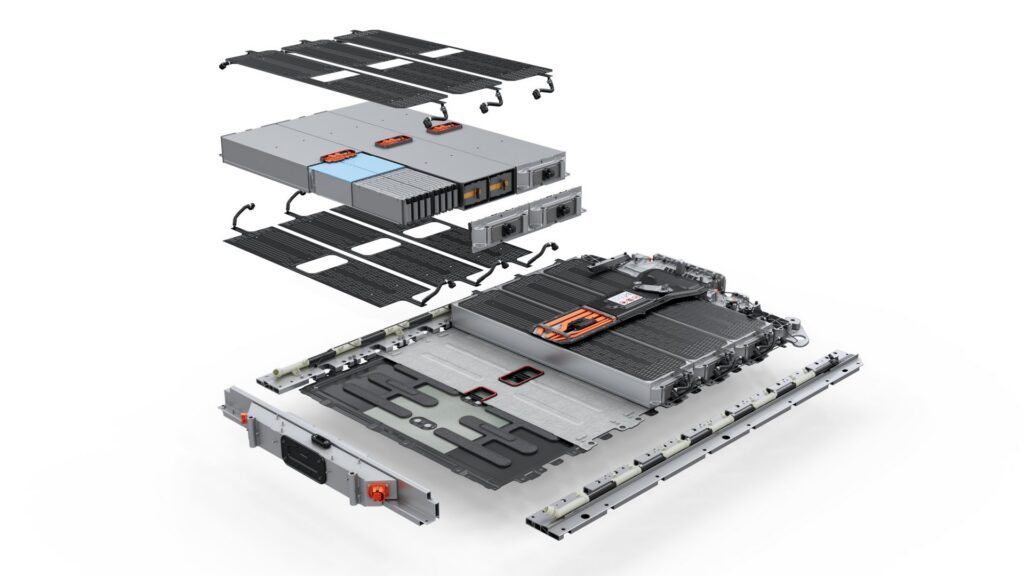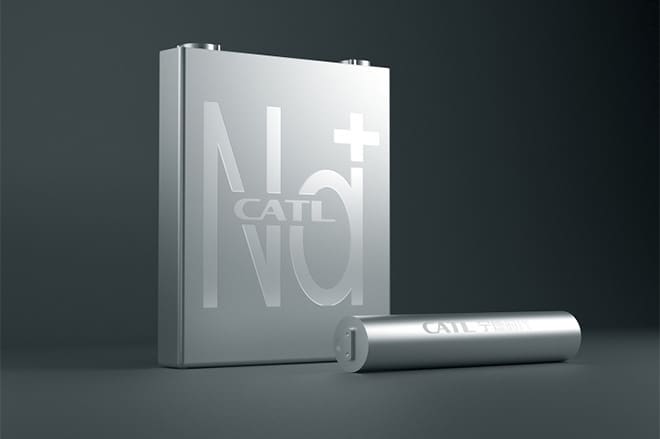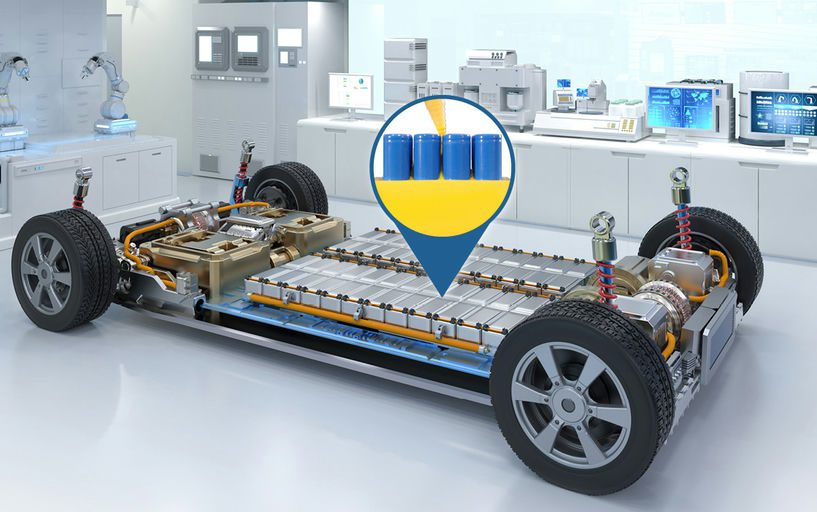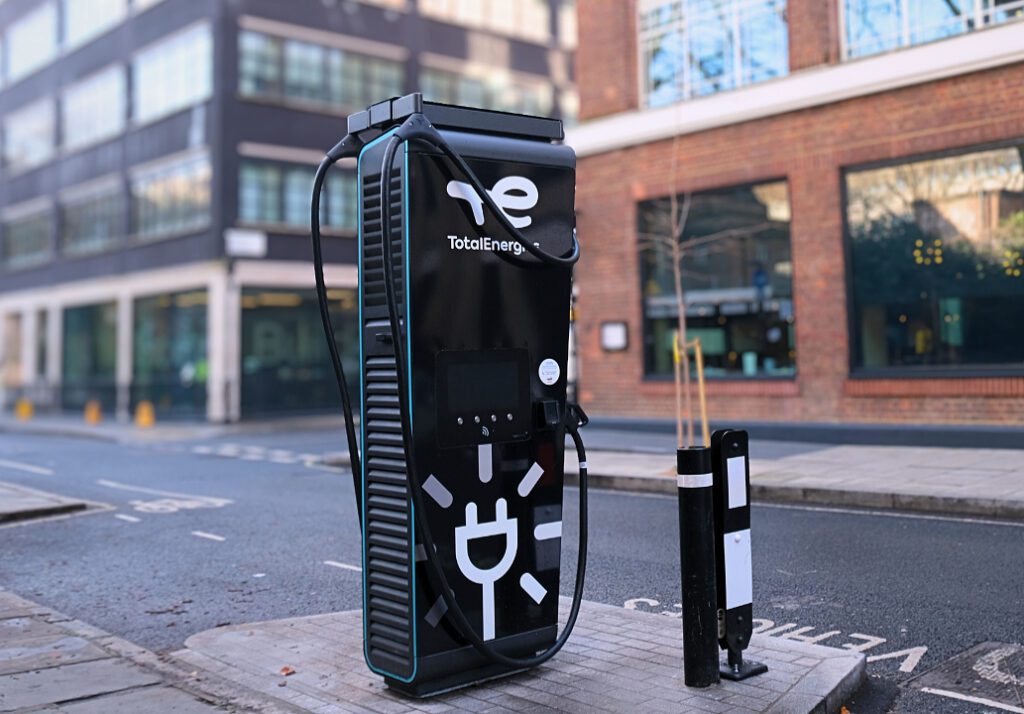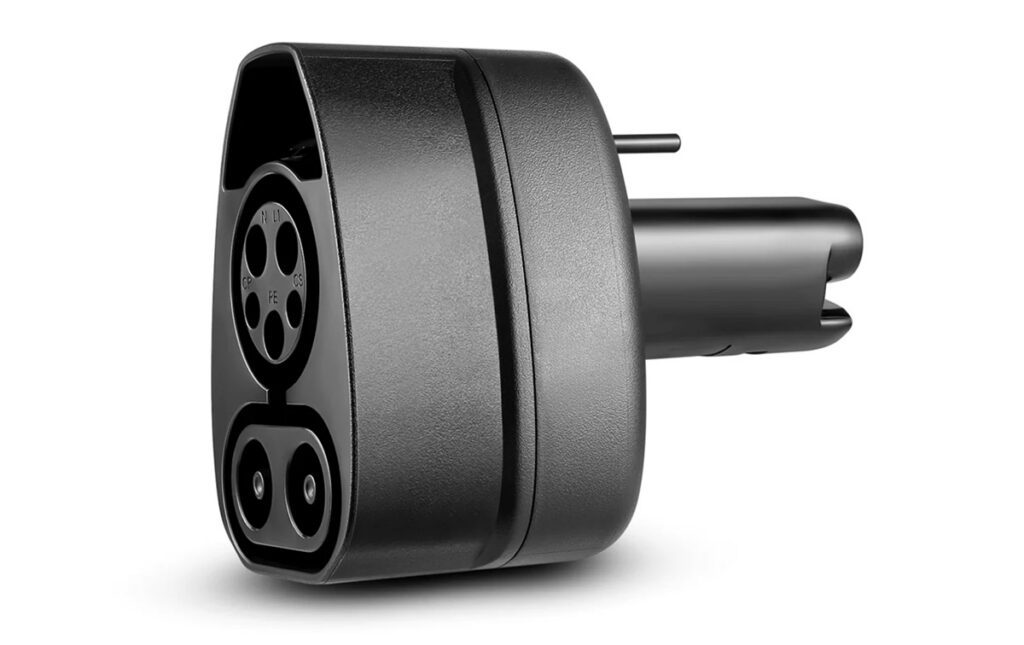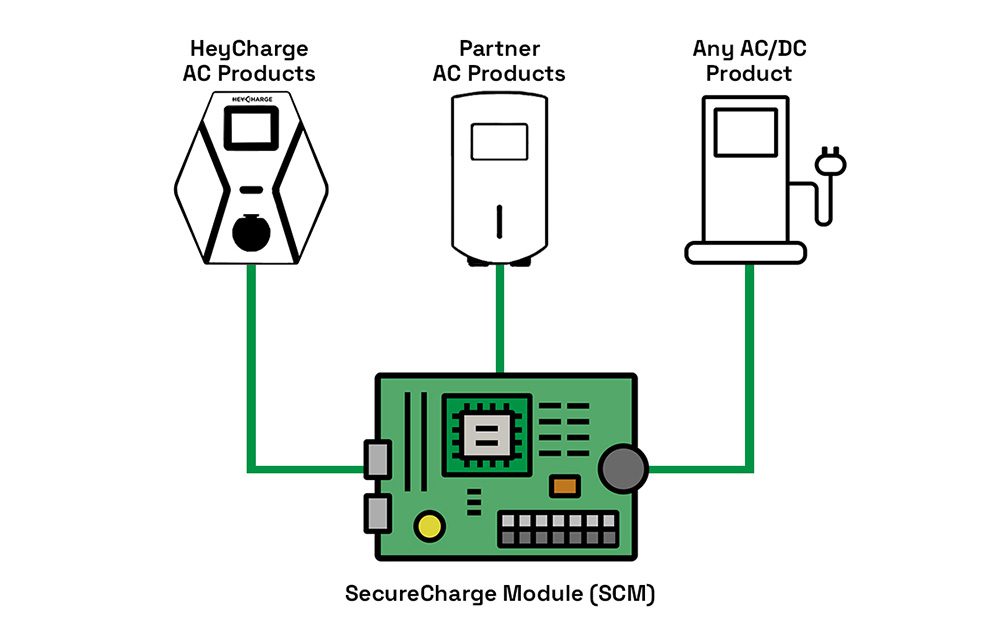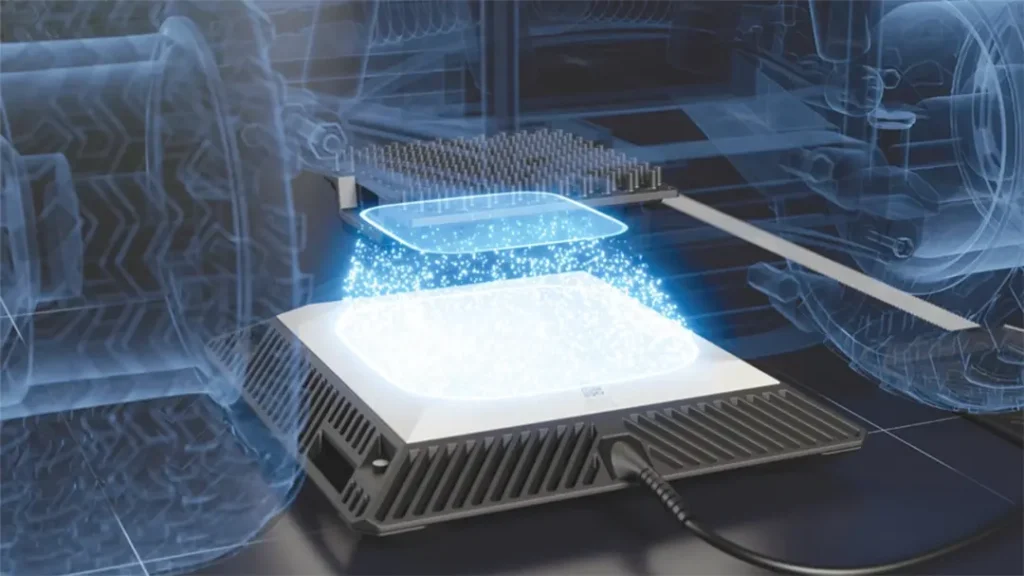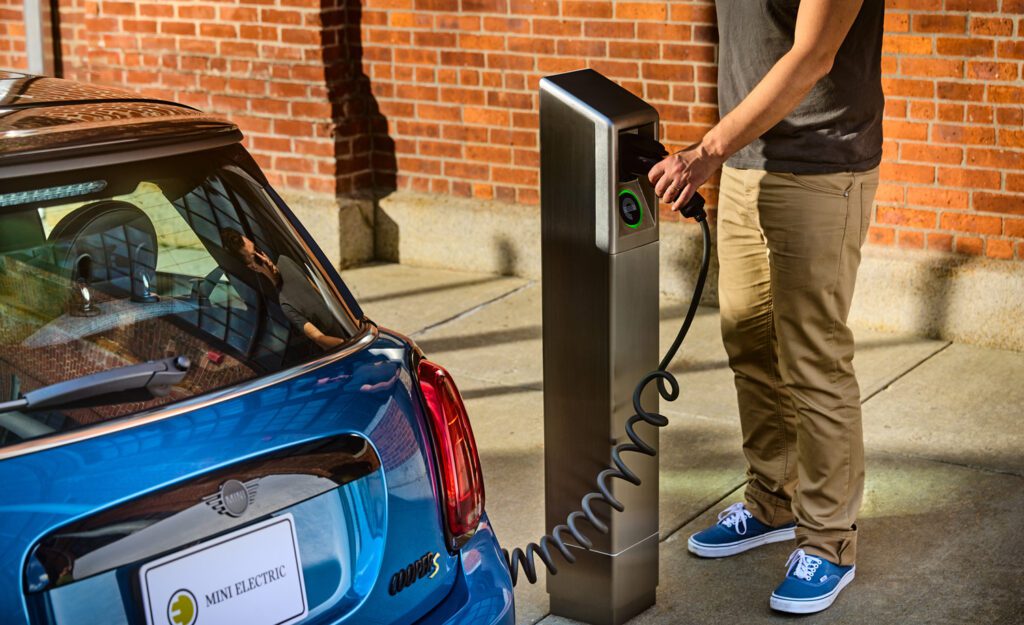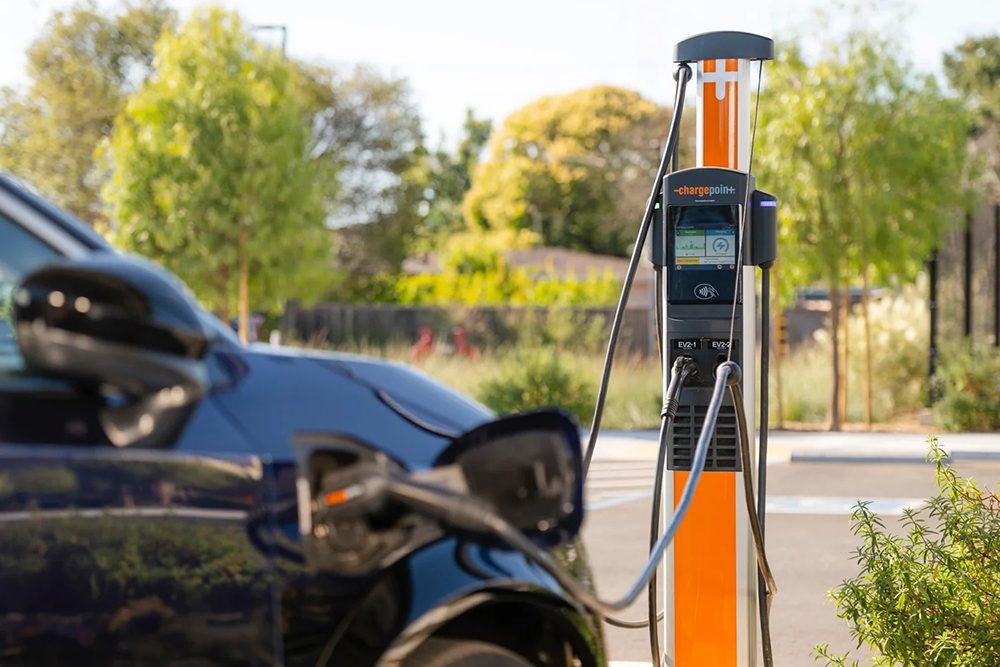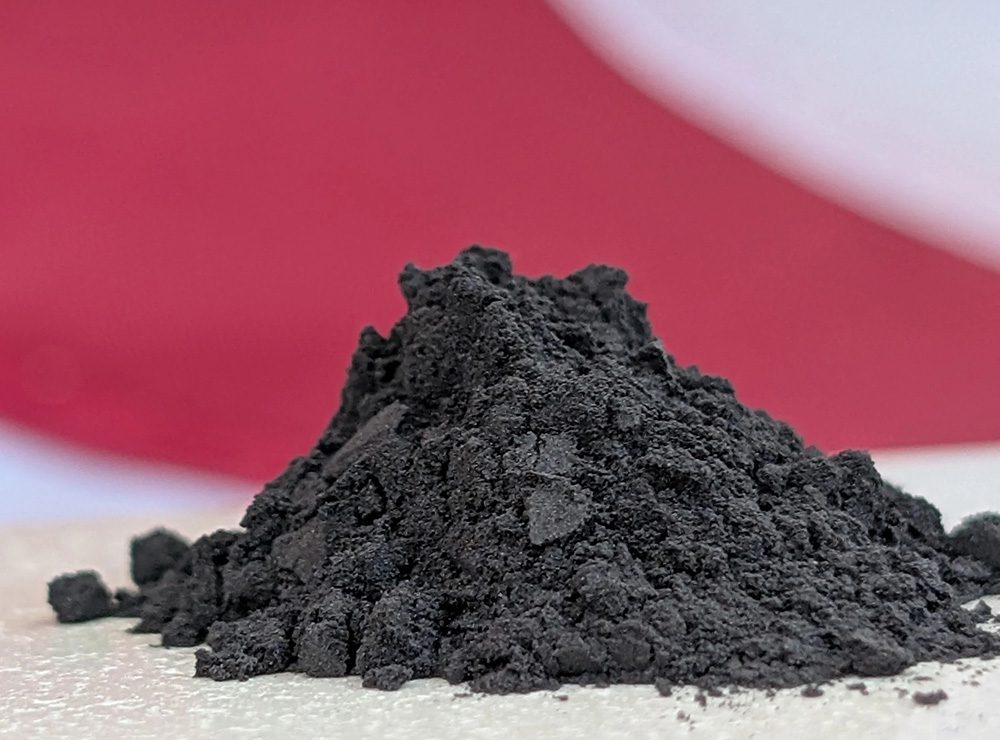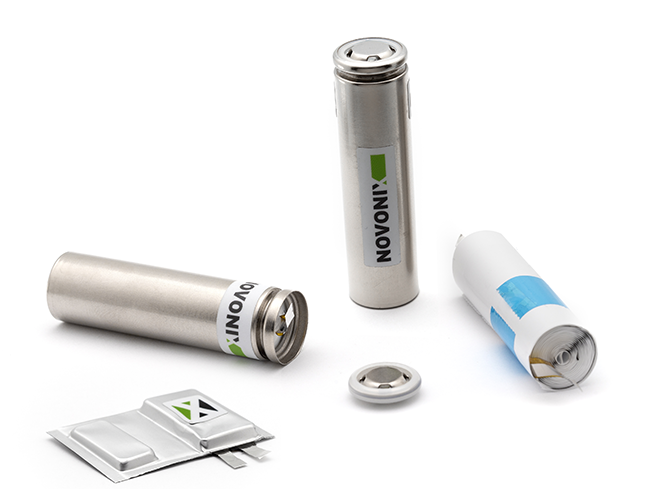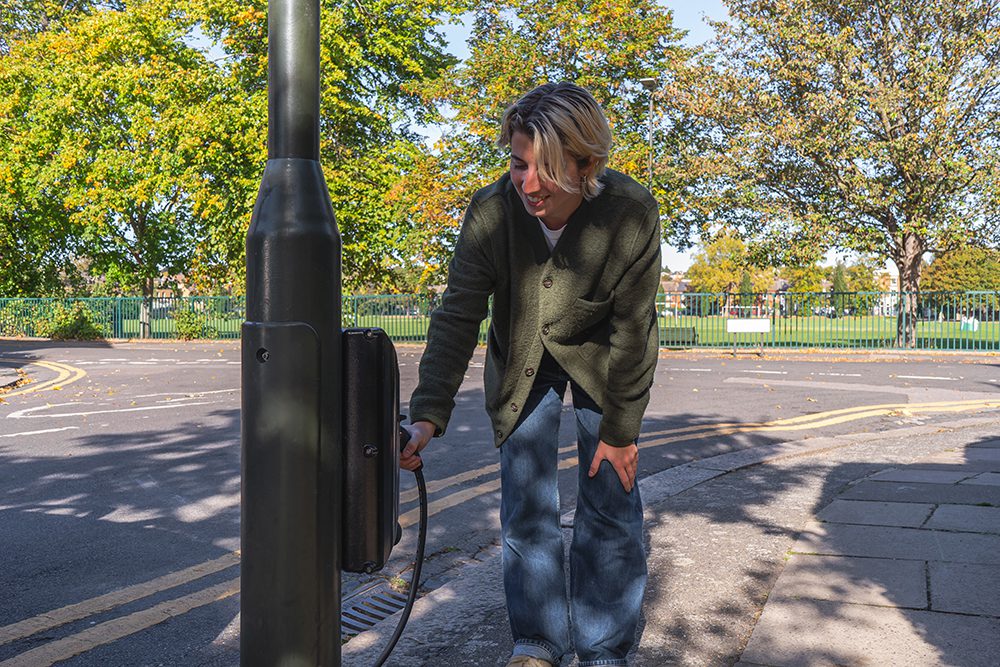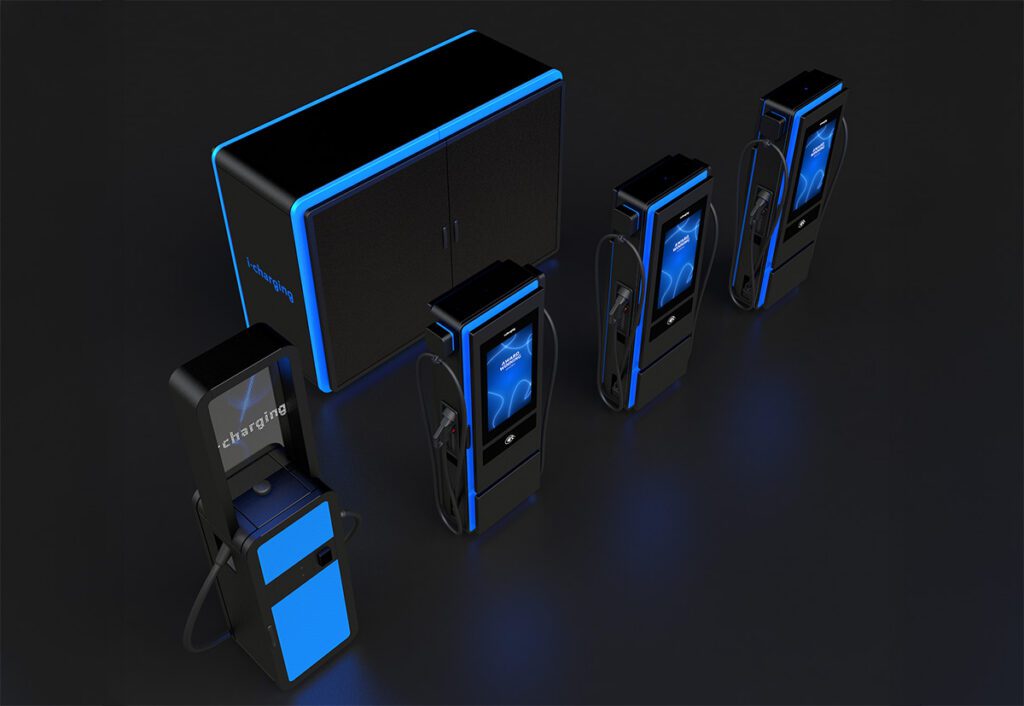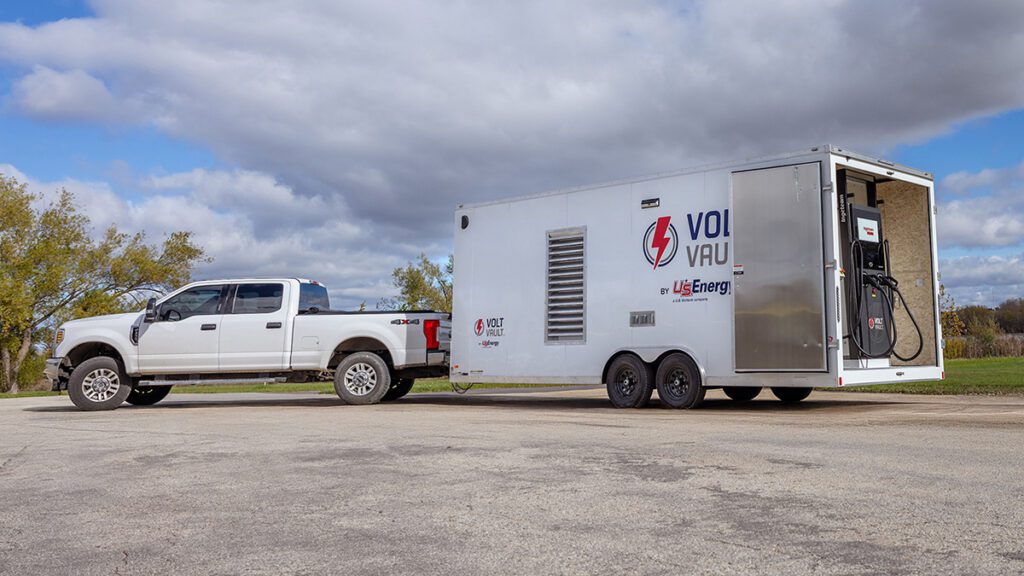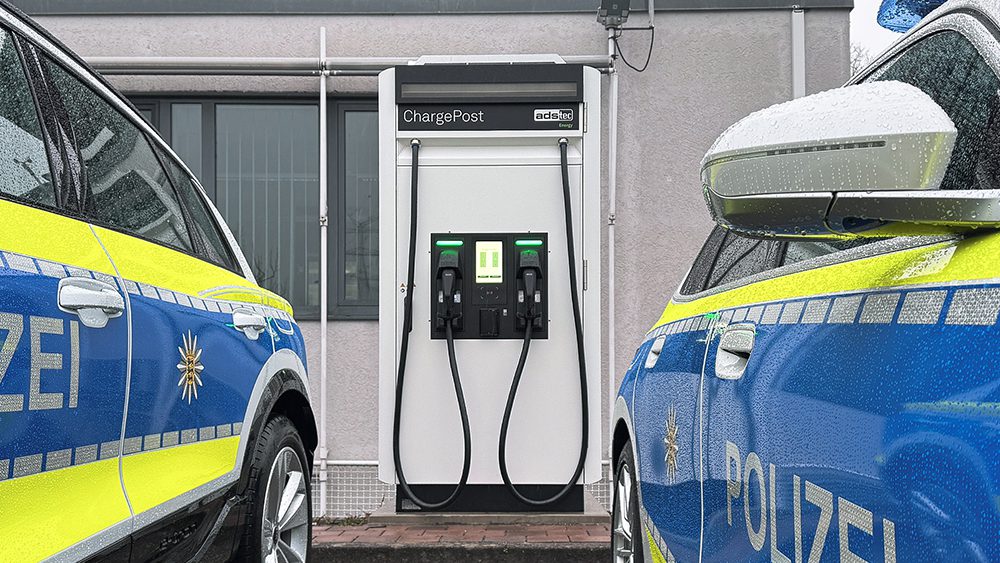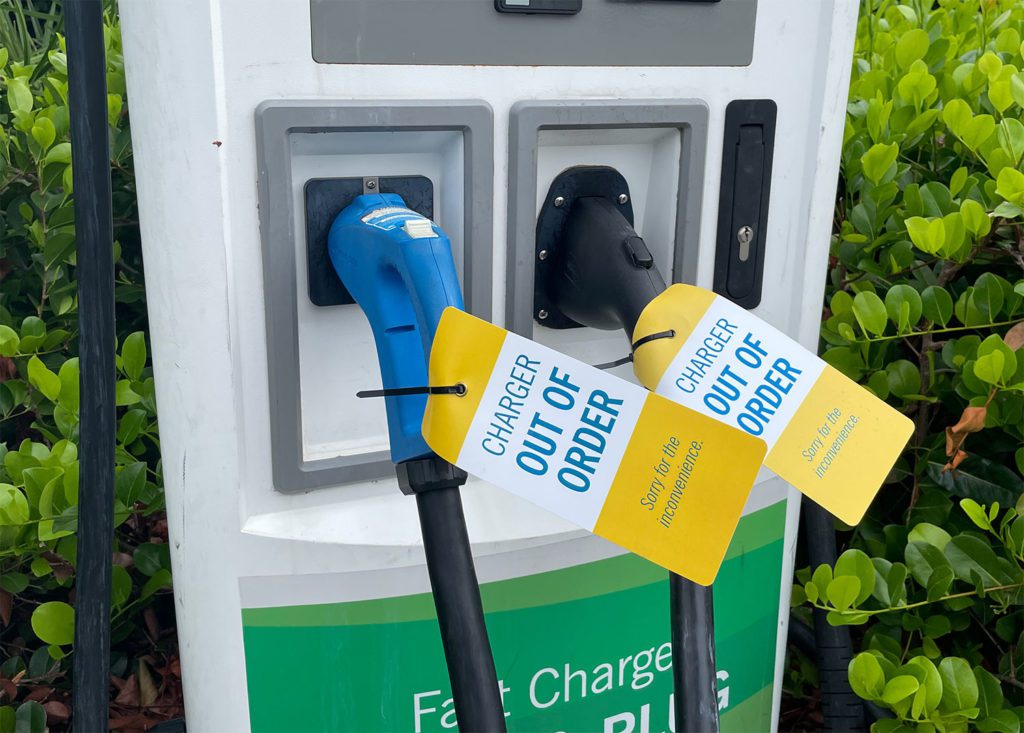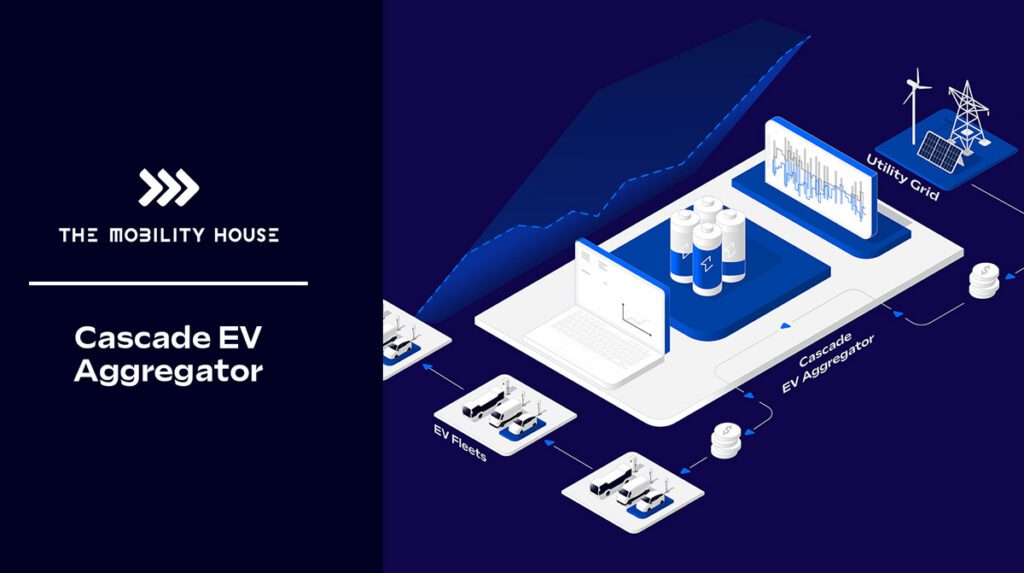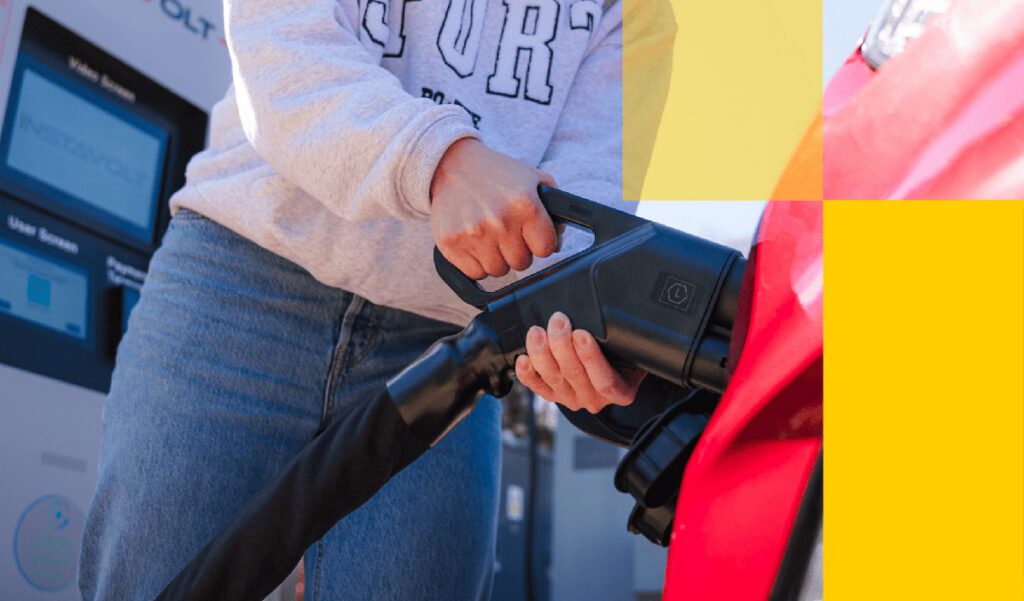Everybody loves lithium, but mining it does have an environmental footprint. Everybody (around here) hates oil, which has a much bigger footprint. But what if I told you that there’s a way to extract lithium from existing oil wells, and that it’s not only greener than other lithium extraction methods, but could even clean up some of the damage from the oil drilling? How much would you pay?
Well, petroleum producer Imperial Oil was willing to fork over $6.35 million—that’s how much the company recently invested in E3 Lithium, a Calgary-based company that has developed a technology to extract the naturally occurring lithium from oilfield brines.
Oil production is a water-intensive process—as petroleum is drilled out of a well, it’s replaced by a saltwater brine that ends up as wastewater. In some cases, extracting a gallon of oil involves pumping four to five gallons of brine. The brine contains less than 1 percent petroleum, but may have a concentration of lithium carbonate as high as 95 percent.
Most of the world’s lithium supply currently comes from hard rock and brine deposits; however, as Oil & Gas 360 reports, recent advances in extraction technology could make it economically feasible to produce so-called petrolithium from oil and gas drill holes, using a process with a low carbon footprint and extremely low fresh water use.
The lithium company E3 has spent years developing its technology, and has successfully tested it at two wells.
“This is an ion-exchange process that is used to extract low concentration of lithium out of the brine, which is coming out of the Leduc formation,” E3 Lithium VP of Resource Development Peter Ratzlaff told Global News. “This is our own source of lithium here in Canada. We don’t [need to] rely on places like South America, Australia or China for these materials.”
Alberta’s economy depends heavily on oil and gas, and there’s plenty of interest in new industries that could provide jobs and repurpose existing infrastructure. Robin Boschman, E3’s Director of External Relations, believes his company’s technology can be a good complement to the oil and gas industry. “We’ll be able to reuse and repurpose a lot of the oil and gas infrastructure,” he told Global News. “And when we get to commercial operations, we anticipate creating a lot of long-term stable jobs in a new economy for Alberta.”
“It will mean some upscaling to develop new technology and to understand new techniques, but it’s something that is very transferable from the oil and gas industry,” agrees Energy Futures Lab Director Juli Rohl.
Another company developing petrolithium technology is International Battery Metals, which is working with IMPACT Technology Development to develop a mobile lithium extraction unit designed to be quickly deployed and assembled at the site of petrolithium brine wells.
Sources: Global News, Oil & Gas 360, GLJ




































